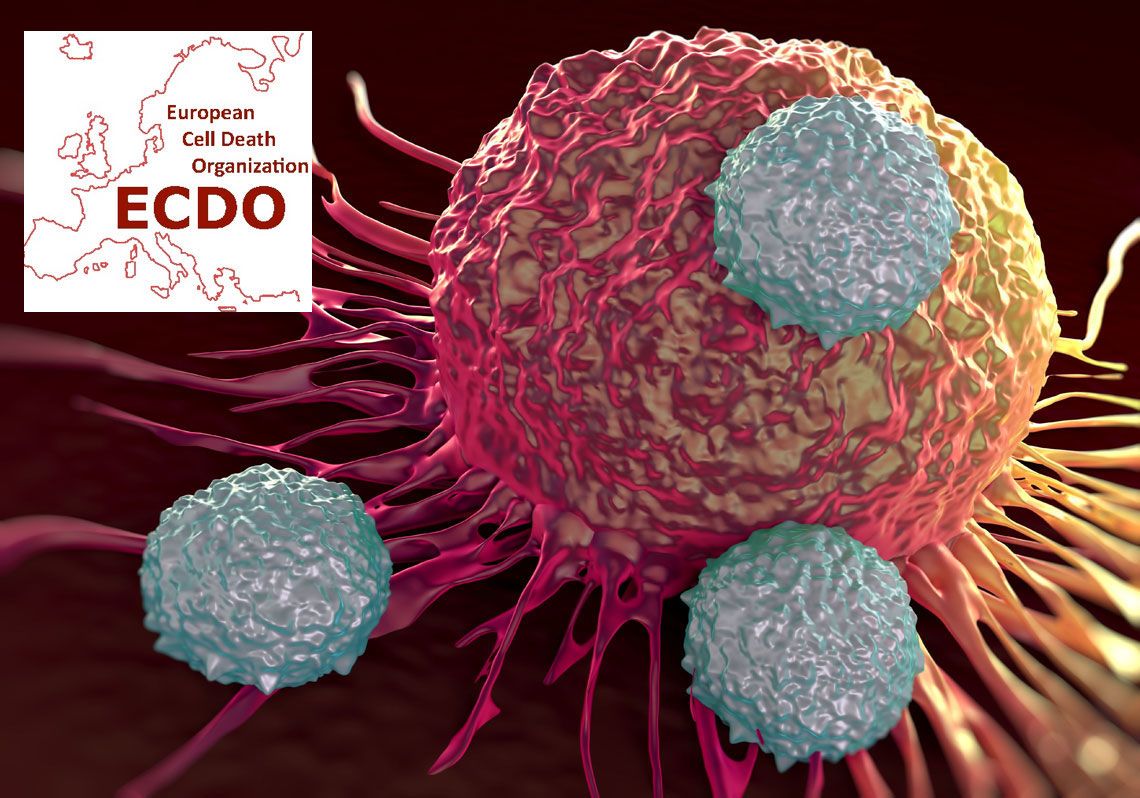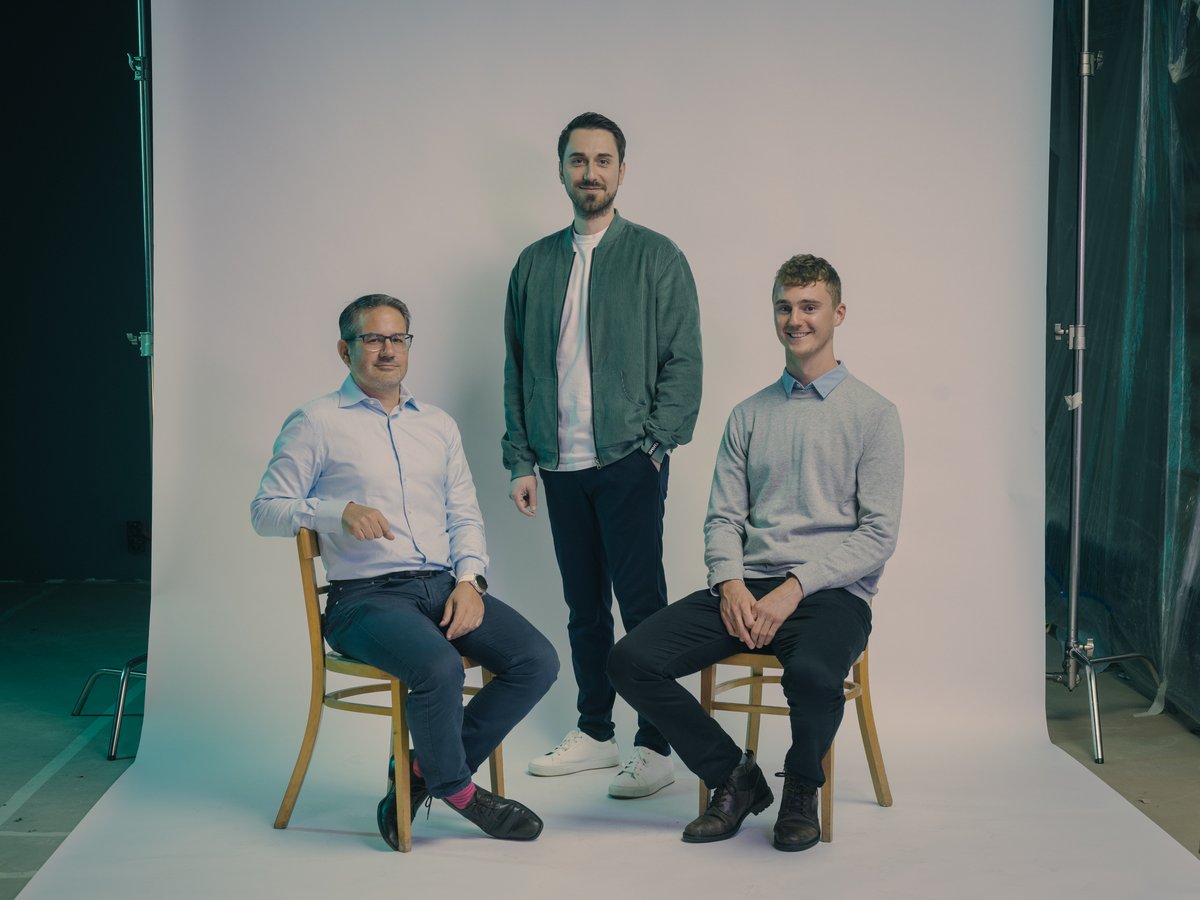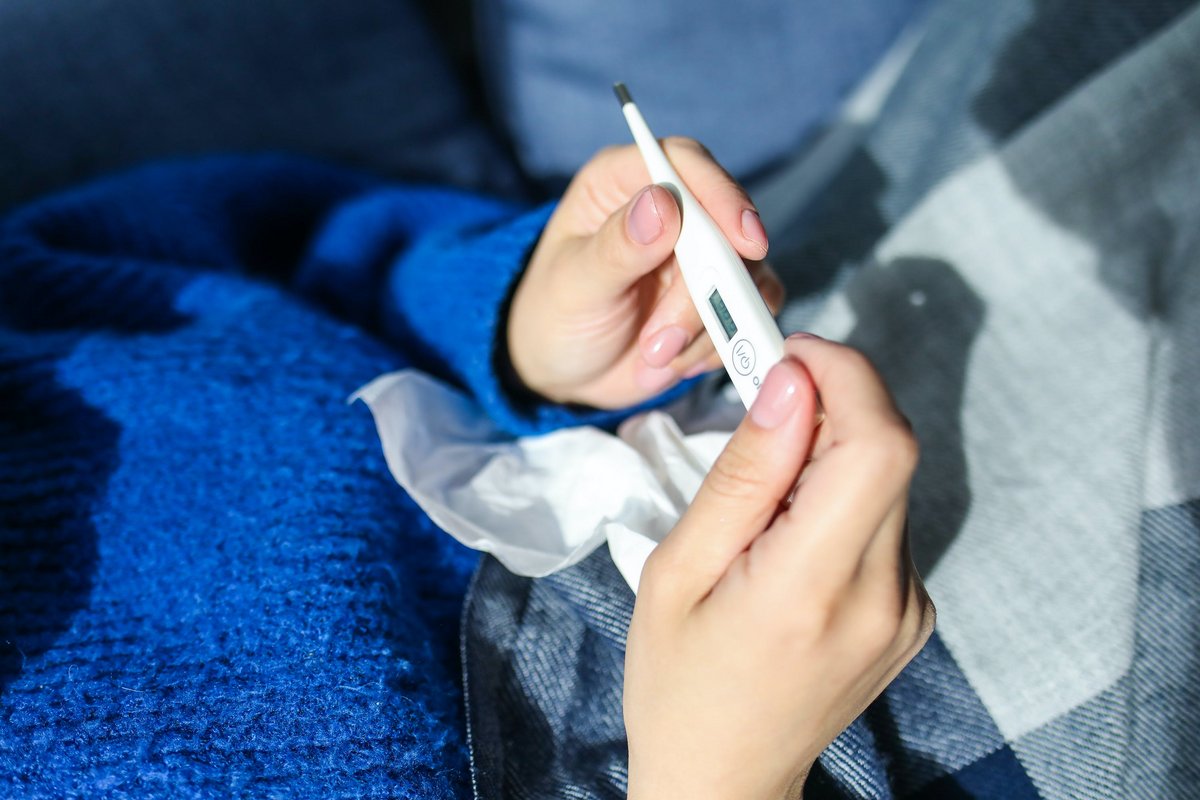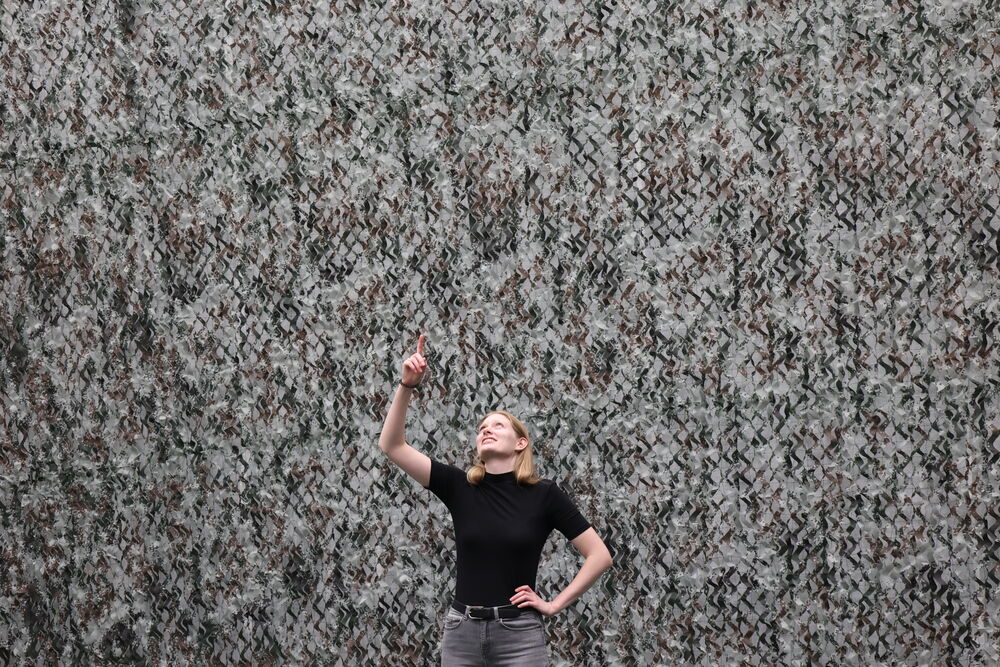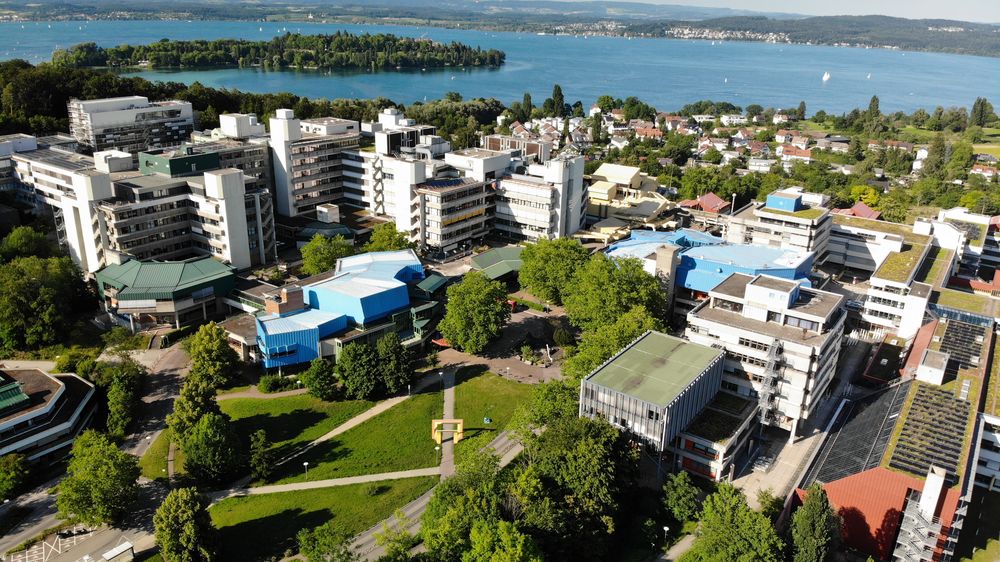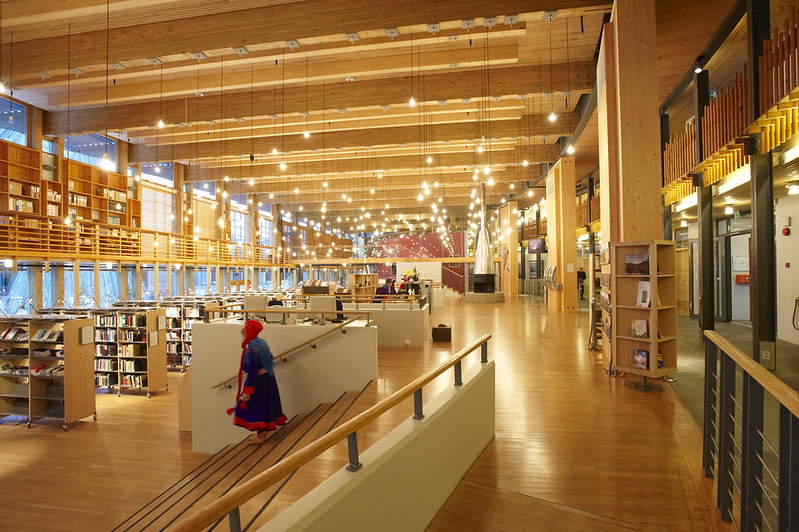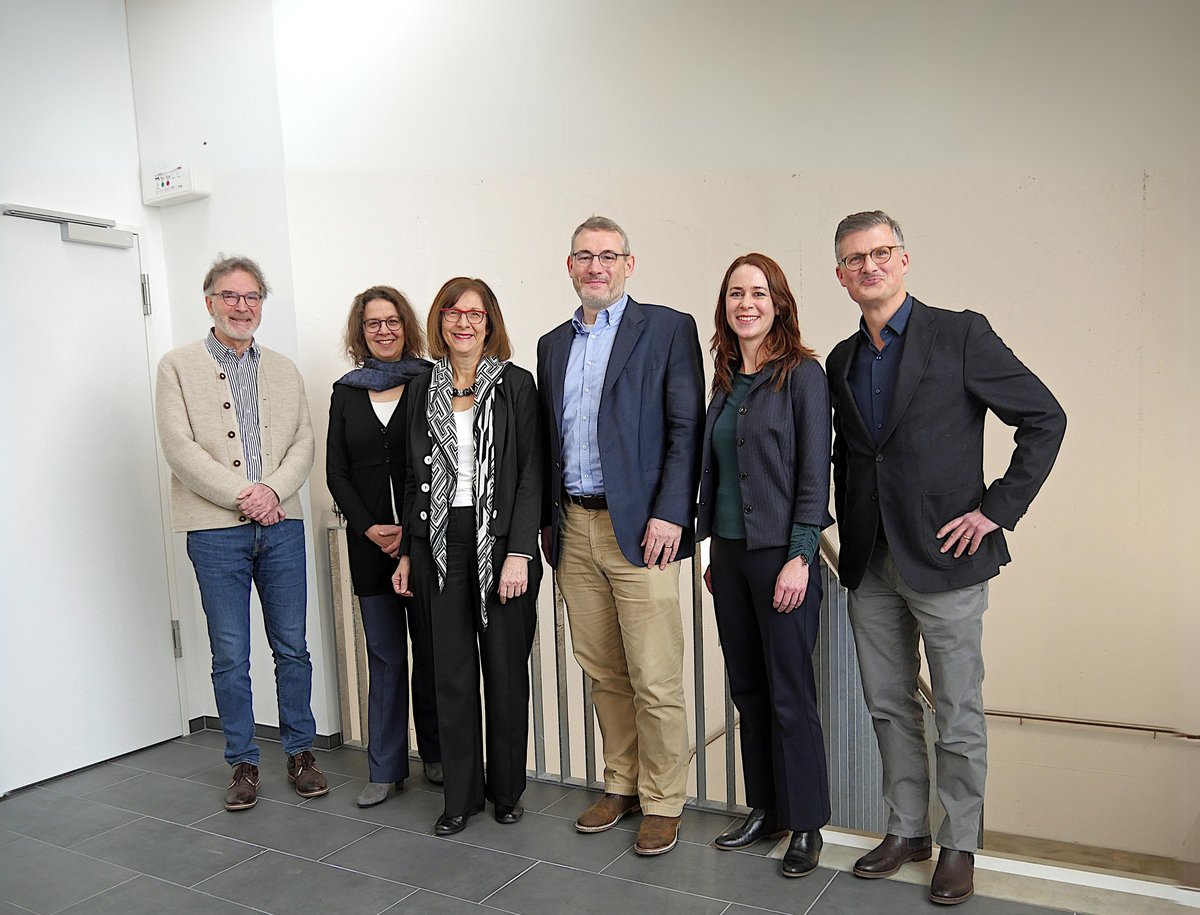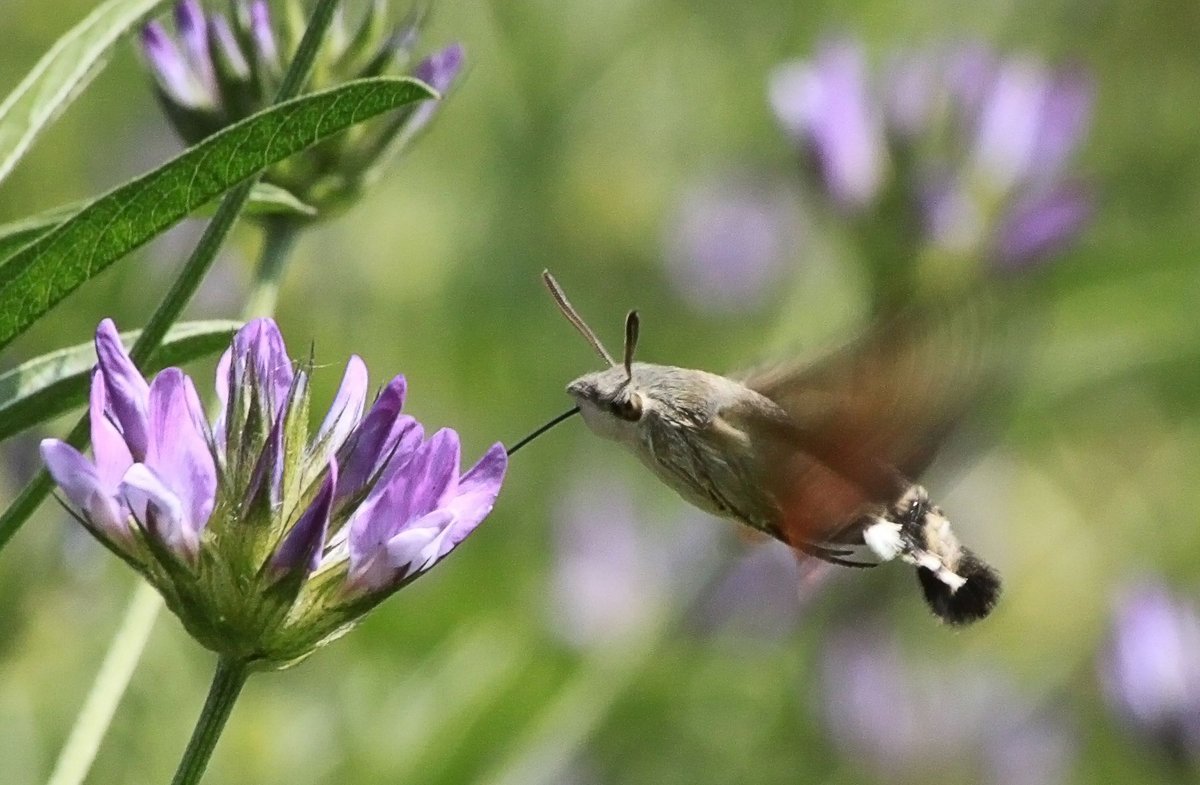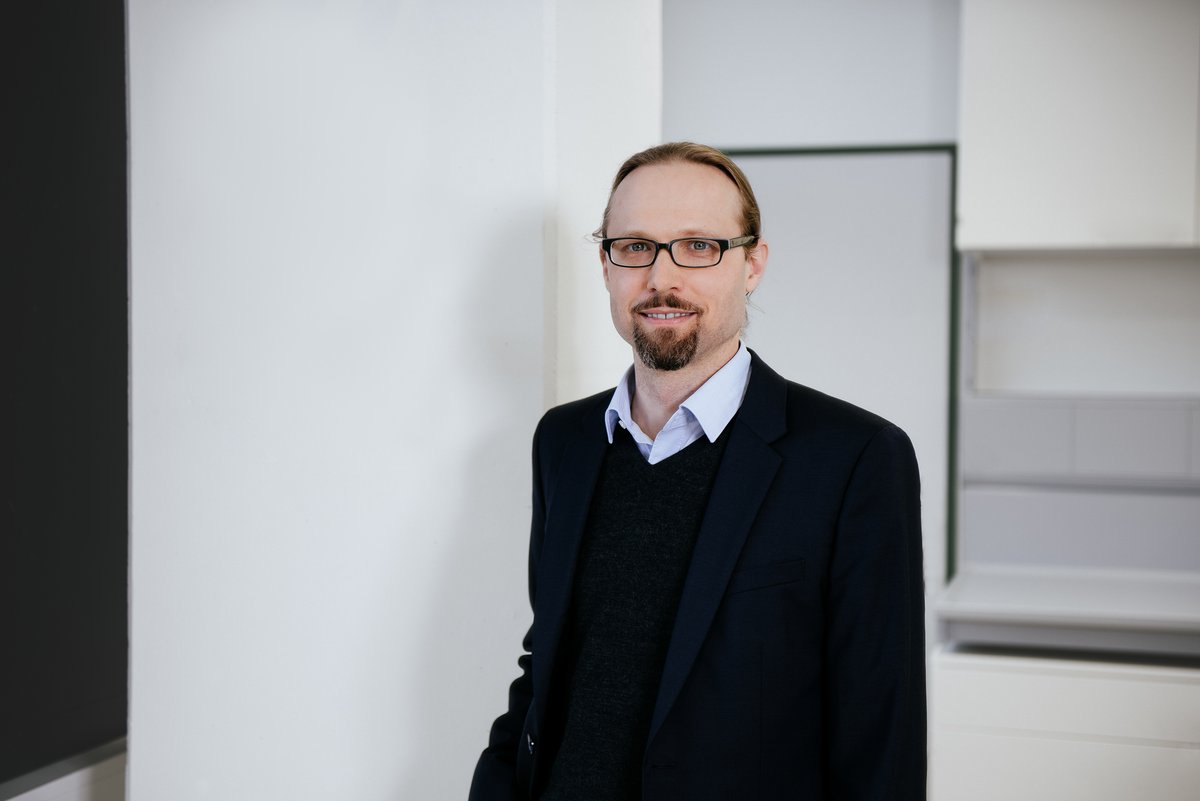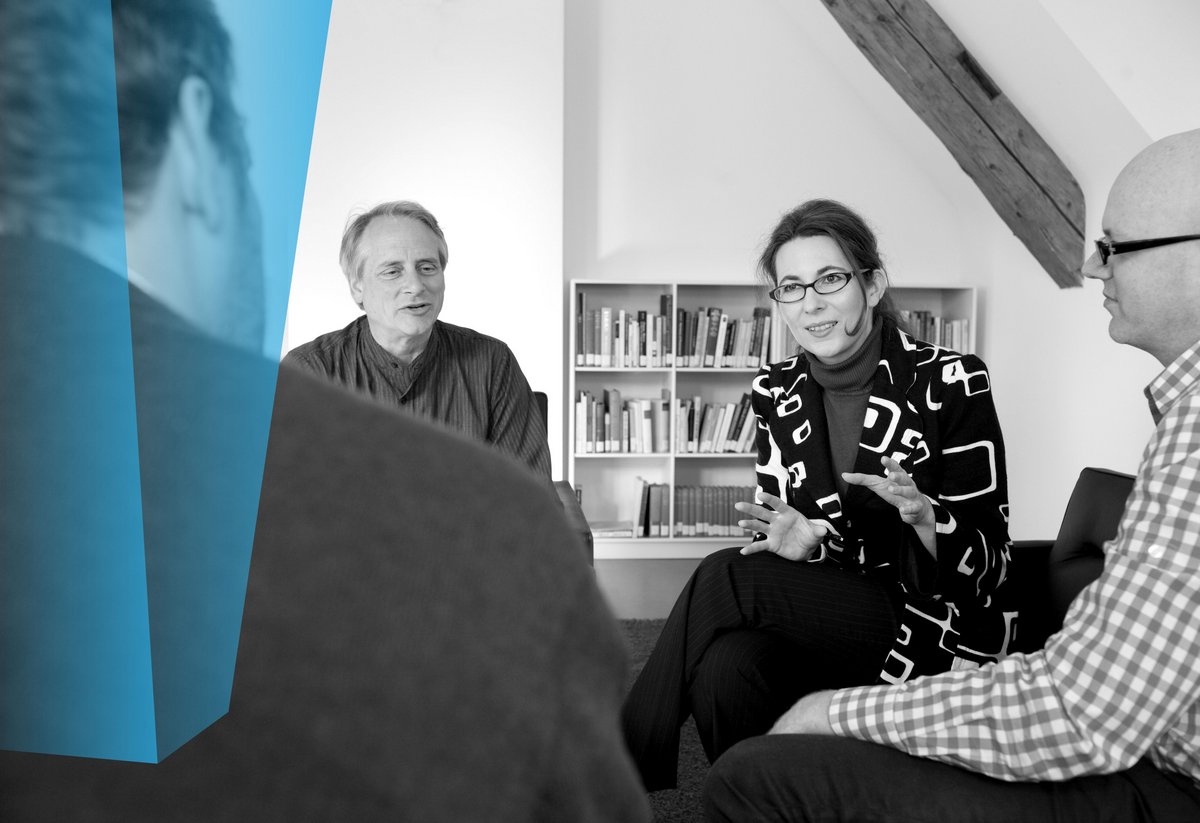
A behind-the-scenes look at research
Working at a university, developing and implementing an idea for a project, responding to challenges and gaining new insights: What exactly does this look like ? How does it work? What is research all about? Science Backstage, a new series of articles and multimedia reporting from the University of Konstanz , provides a rare, front-row seat for observing the everyday work of researchers.
Read more
